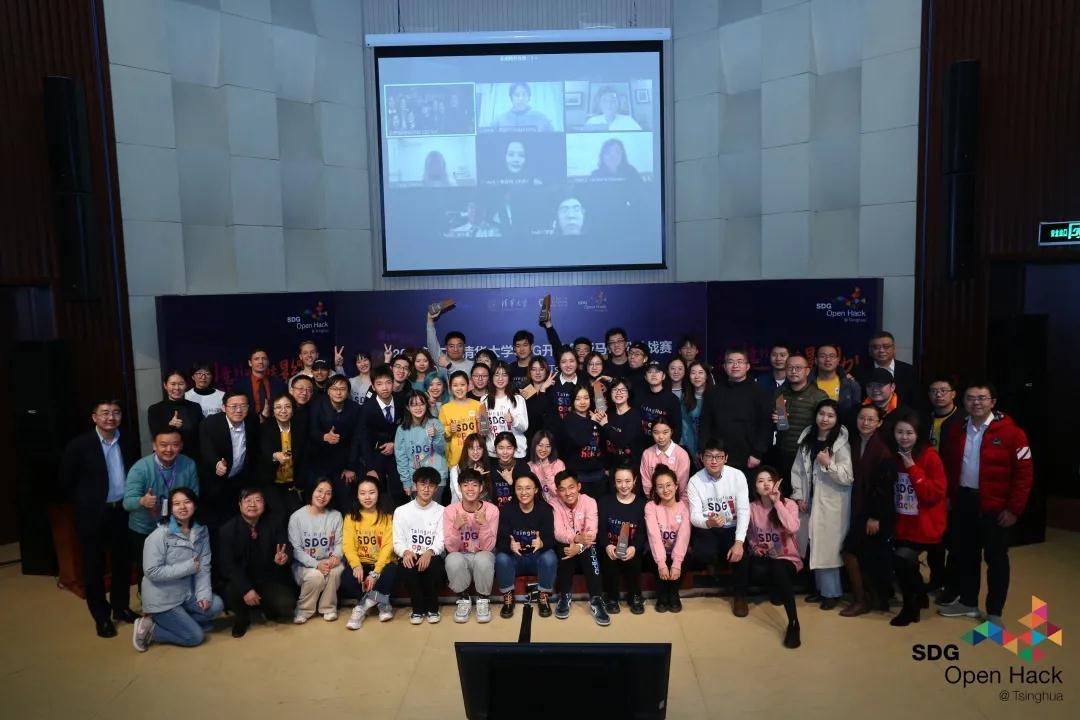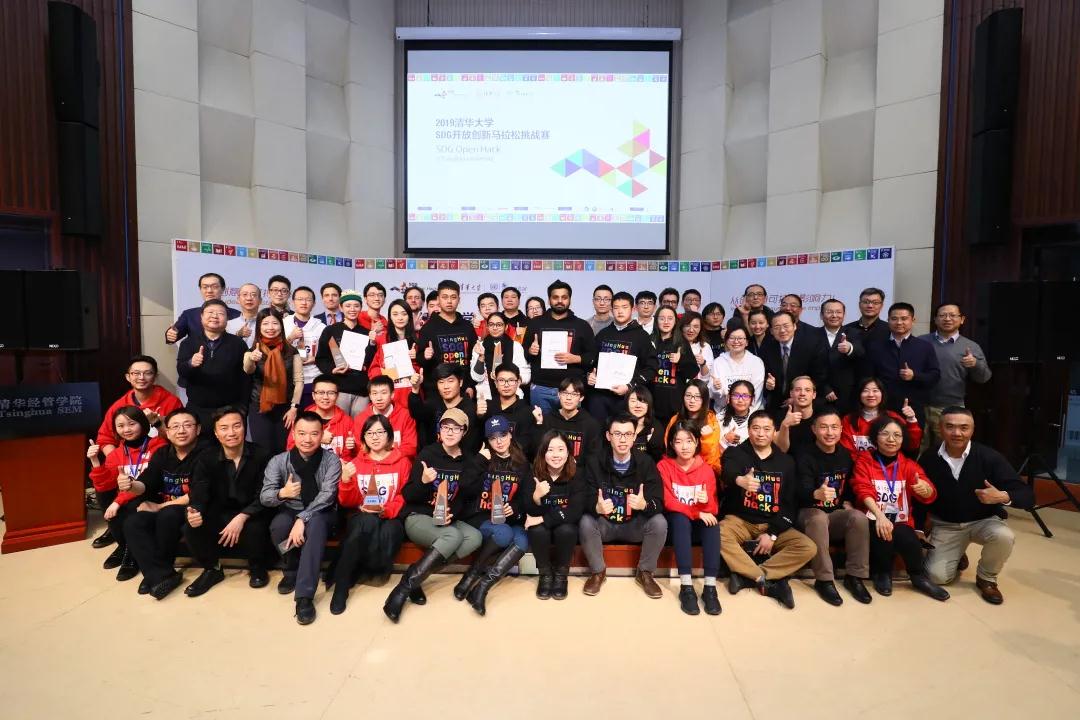The 2021 Tsinghua Global Summer School will be held from June 28th to July 6th, themed Innovation for the SDGs. In order to strengthen the cultivation of students' innovative thinking and incorporate the values of sustainable development, this year’s GSS will include an SDG hackathon.
What is SDG hackathon.
On September 25th, 2015, the 193 Member States of the United Nations officially adopted 17 Sustainable Development Goals (SDGs) at the Sustainable Development Summit, aiming to solve issues across the three dimensions of social, economic, and environmental sustainable development from 2015 to 2030 in an integrated way for the betterment of humankind.
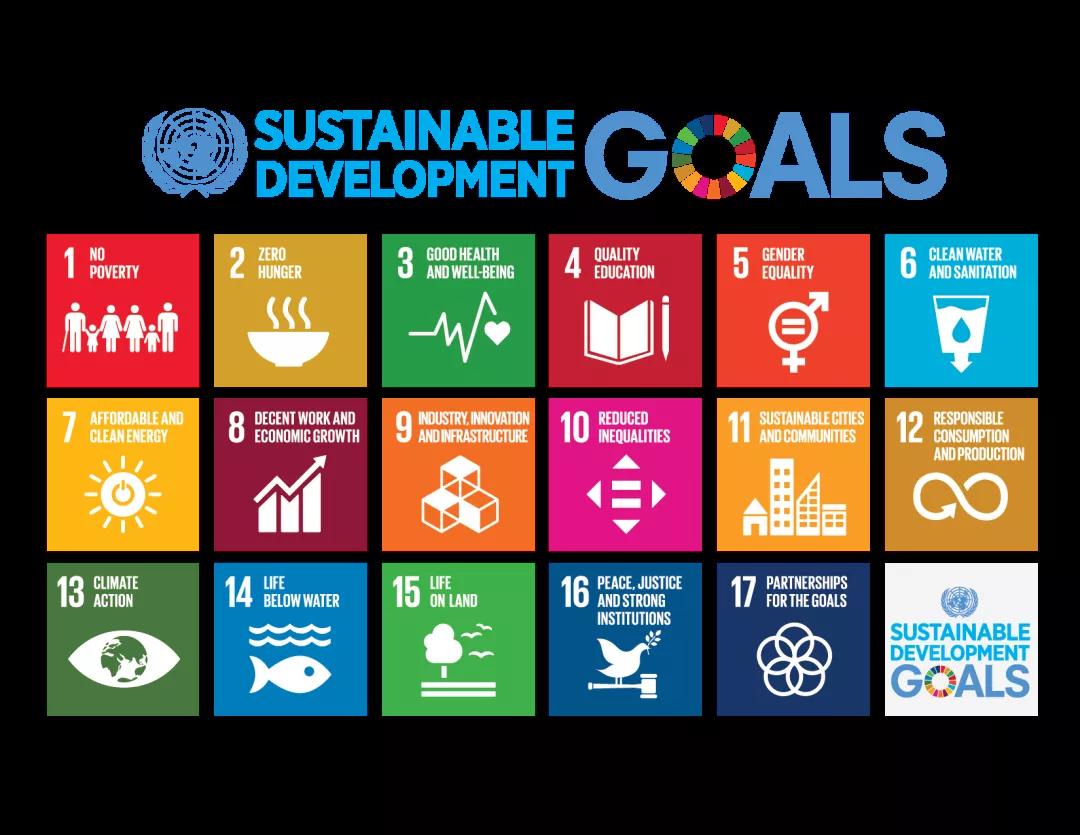
The SDG Hackathon is based on the Tsinghua University SDG Open Hack initiated by Tsinghua x-lab. We all shoulder the important responsibility and have our part to play in helping achieve the sustainable development goals. In the Fall semester of 2019, on the basis of many years of innovation and entrepreneurship education exchange and cooperation with the University of Geneva, Tsinghua x-lab successfully introduced the "Open Geneva" activity to Tsinghua University, which was strongly supported by the United Nations Institute for Training and Research (UNITAR), United Nations Development Programme (UNDP) and the Swiss Embassy.
Mr. Nikhil Seth, Assistant Secretary-General of the United Nations, gave a video speech at the first SDG Open Hack of Tsinghua University, stating that it is the first UN Sustainable Development Goals innovation challenge of its kind to be held in Asia.
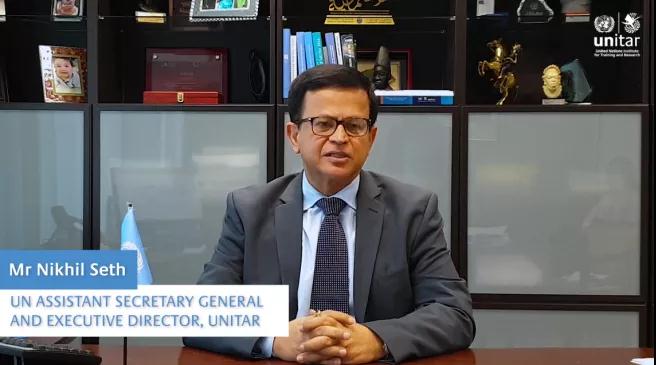
Mr. Nigel Seth, Assistant Secretary-General of the United Nations, sent a video speech for the first SDG Open Hack
The SDG Hackathon will not only involve competition activities, but also involve innovation and entrepreneurship practice courses. By combining competitions and courses, the program will cultivate students' sustainable development awareness and innovative values, creativity, decision making, global competency and teamwork skills. Through learning about the SDGs and innovation methodology, students will be able to develop practical and feasible innovative solutions to issues related to sustainable development, gain experiential and problem-oriented learning experiences, improve their personal abilities, expand their network, and broaden their horizons in a multicultural environment.
The event combines the 17 "United Nations Sustainable Development Goals" (SDGs), and has various thematic sub-tracks, with professors from different schools/departments serving as the main lecturers. Students are free to choose the challenge topics that they are interested in, and form a cross-department innovation team during the event to develop solutions towards a certain SDG-related problem.
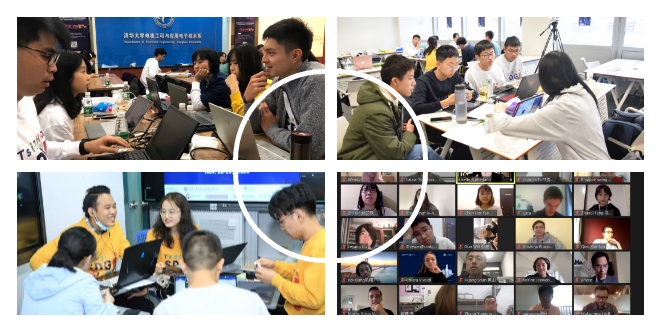
Students applying teamwork and creativity during the SDG Open Hack
Each sub-competition will invite 3-5 professionals in related fields to serve as mentors and judges, and select the best teams to participate in the finals. The final judges will make a comprehensive assessment with reference to problem requirement, scope of influence, applied innovation and technology, feasibility and sustainability, as well as the team’s on-site presentation and delivery.
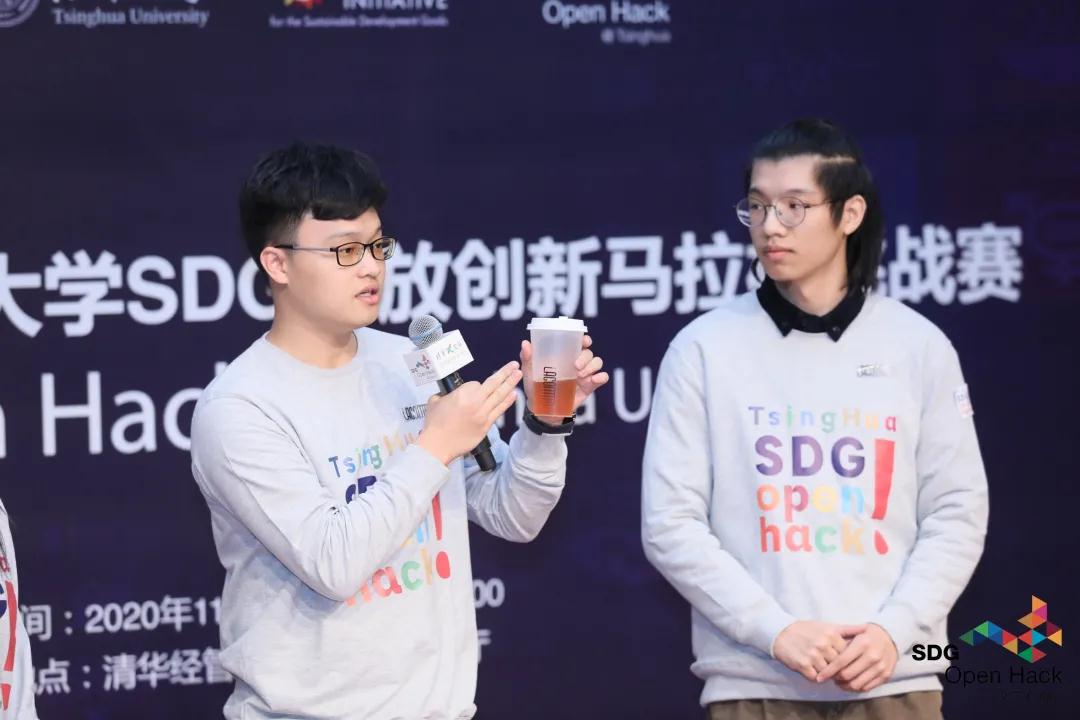
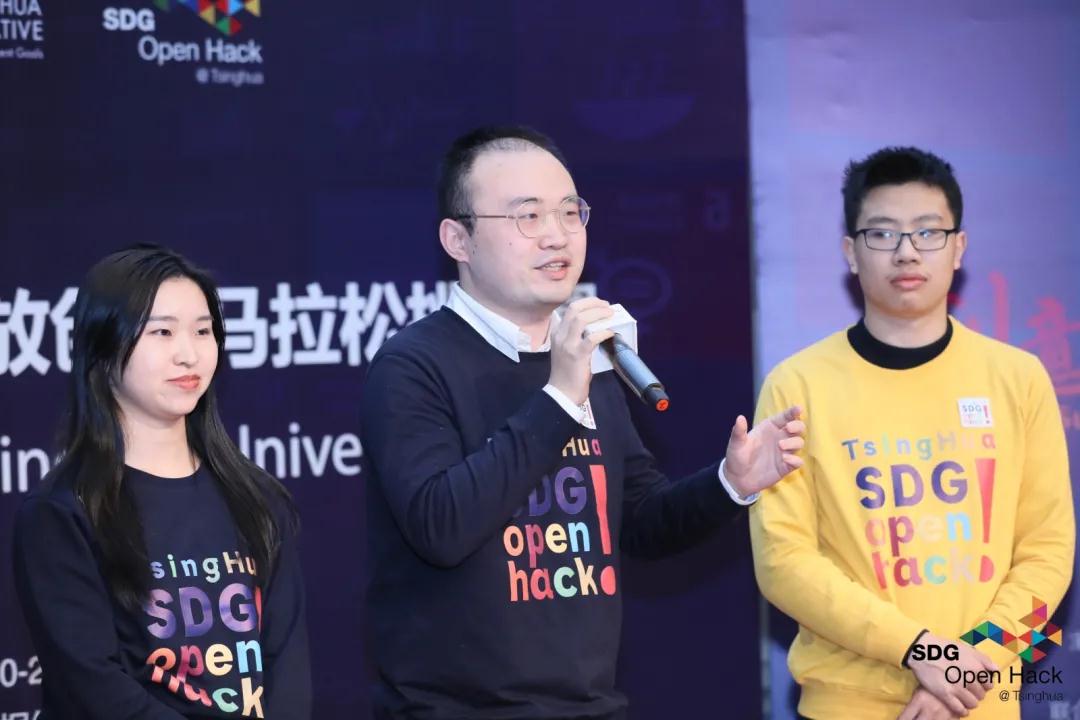
The top teams advance to the finals to present their projects
What makes the SDG Hackathon special?
Open and inclusive: Open to all universities, schools/departments, majors and university study levels.
Innovative experience: Develops innovative and interdisciplinary solutions through teamwork, and experiential learning in a multicultural and academically diverse environment.
Problem-oriented: Revolves around the 17 UN Sustainable Development Goals. Students will conduct problem definitions, exploration, and find solutions for urgent and real-life social issues.
Stimulate creativity: Within a tight frame, use brainstorming and deep holistic thinking to find inspiration and create innovation.
What will students gain from participating in the activity?
Have brainstorming and team battles with like-minded peers;
Interact with outstanding professors and students from other schools/departments by studying the Sustainable Development Goals and gaining experiential and problem-oriented learning experiences;
Break through limitations of thinking and be inspired in innovation and entrepreneurship by learning from diverse professionals and participants from different cultural backgrounds;
Teams who display outstanding performance will have the opportunity to obtain one-on-one training and guidance from industry leaders;
Can obtain one academic credit for innovative practice.
In 2019, the first Tsinghua University SDG Open Hack attracted more than 500 participants from more than 50 universities across the country. Nearly 100 challenge teams were formed around 12 challenge sub-themes. The themes covered human health, smart travel, environmental sustainability, future energy, agricultural ecology, cross-cultural communication and other fields.In 2020, the second Tsinghua University SDG Open Hack upgraded its events and courses, and became a large-scale university-level innovation and entrepreneurship practice learning activity that combines competitions with courses and integrates science and education. The event had 20 sub-tracks, with themes covering fields such as smart cities, clean energy, food design, safety and privacy, environmental protection, smart buildings, medical health, response to emerging global diseases and others. Participants overcame geographical distance through the integration of online and offline methods, and focused on sustainable development goals to jointly carry out innovative challenges.
The 2021 GSS Hackathon will have 10-20 sub-themes. The specific challenge themes and schedule will be released at a later date. Stay tuned!
